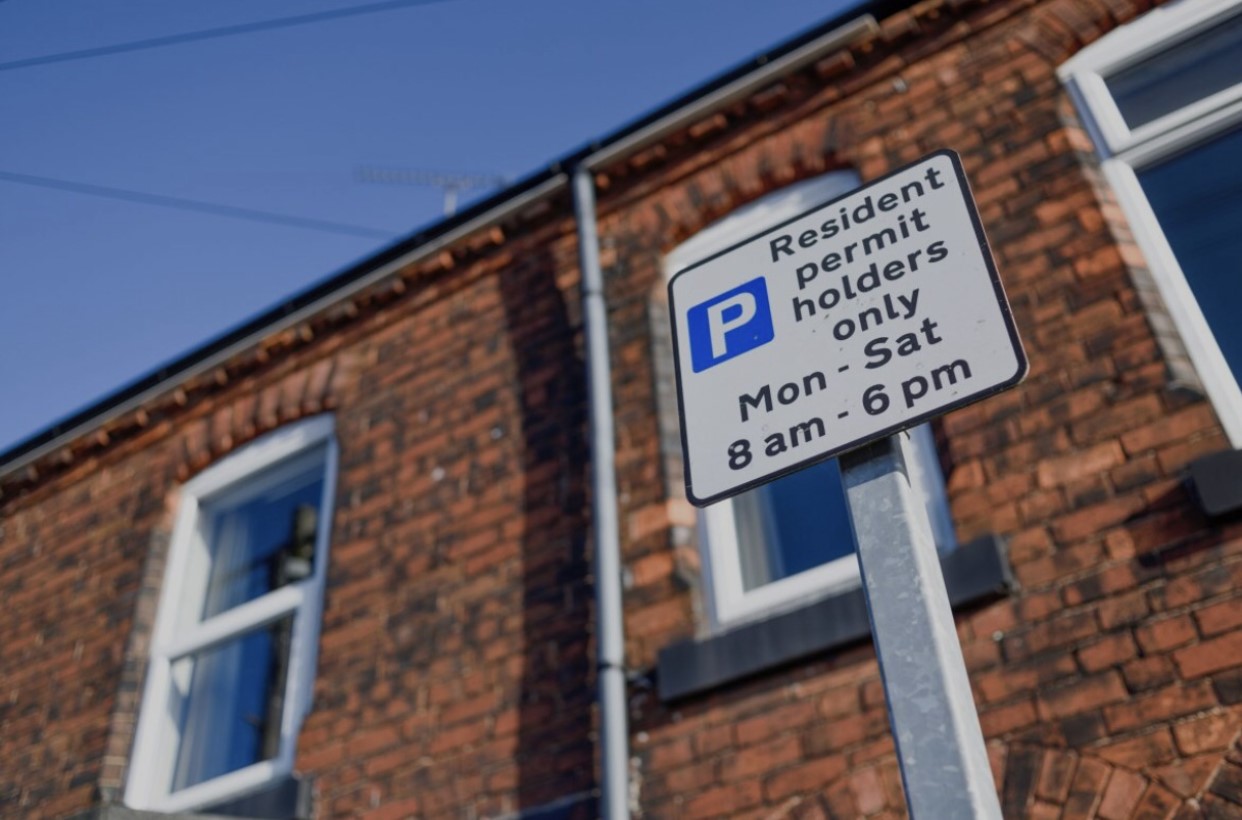Dubliners already struggling with soaring living costs may soon face another hit to their pockets, as Dublin City Council weighs up whether to raise the price of a residential parking permit from €50 to €225.
The idea has not yet been formally proposed, but its inclusion in a council discussion paper has already sparked warnings from councillors that any such rise would be excessive, unfair and a blow to families already stretched by the rising cost of living.
Labour councillor Fiona Connelly, who represents Rathmines Kimmage, said the potential jump was “wildly disproportionate” and went against the original purpose of the permit system.
“My understanding is that the history of Dublin parking permits was to organise and make sure that people parked respectfully and considerately,” she said.
“I think that the increase in cost is just wildly disproportionate. I understand the costs have gone up in general so a marginal increase might be appropriate. I don’t think zoning is a good idea as we want to encourage people to live in the city centre.”
Connelly’s comments came during a briefing to the Council’s Mobility Committee last Wednesday (3rd), where members were presented with a discussion paper prepared by the Parking Enforcement Section.
The review is part of a wider update of parking bye-laws, and councillors were asked for guidance on what should be included in a forthcoming draft.
Brendan O’Brien, head of traffic and transport, outlined the reasons behind the review.
He explained that residents’ permit fees have not changed since 2011, while on-street pay-and-display rates have increased by about 30 per cent over the same period.
At present, residents in pay-and-display zones pay €50 per year or €80 for two years.
By contrast, visitors and commuters using the same streets can pay up to €4 an hour, depending on distance from the city centre.
O’Brien said this imbalance had made a residential permit “a really valuable item.”
“The advantage for someone with a two-year permit is that ten hours’ parking at meter rates pays for your entire year’s parking,” he told councillors.
The options now being examined would bring the cost of permits closer to the real market price of street parking.
But councillors warned that any sharp increase could create more problems than it solved.
Fine Gael councillor David Coffey, who represents Pembroke, said he accepted that current fees were low but insisted any changes must be gradual and measured.
“I don’t think it is fair to penalise people for living close to the city,” he said.
“The charges probably should be higher than they are now.”
However he said “increases should be incremental, year by year, not by waiting 14 years and quadrupling the price.”
He also noted that some people were using parking spaces as cost effective ways of storing cars long term for €50 a year on public streets, reducing availability for others.
Green Party councillor Hazel Chu also said she would not support a rise to €225 but could back modest increases over time.
Committee chair Janet Horner, also of the Green Party, acknowledged the politics were difficult but questioned whether the current €50 fee reflected a fair use of public space.
“Increasing parking permit charges is immensely politically unpopular,” Horner said.
“But for some people a €50 parking charge is a way of reserving a bit of public space that they are making inaccessible to others who might need it more.”
The strongest criticism, however, came from Fine Gael councillor Colm O’Rourke, who branded the suggested increase “punitive” and warned it would add to the financial strain already weighing on households.
“This proposed increase in residential parking fees is nothing short of punitive,” O’Rourke said.
“Raising a central-zone permit from €50 to €225 is an enormous jump, and it will hit ordinary Dubliners hard.
“Families, pensioners, and people on modest incomes will be forced to bear the cost.
“It risks pushing residents to park illegally, creating more congestion and enforcement problems, and it could even discourage people from living in the city centre.
“Dubliners are already facing rising living costs, and this sudden spike in parking fees is both unfair and unnecessary.
“The Council must reconsider this proposal and engage meaningfully with residents before taking any action that could cause serious financial strain and unnecessary disruption in our communities.”
O’Rourke said parking must be treated as a basic part of everyday life for city residents.
Council officials emphasise that the document is not a set of firm proposals but an initial guide for councillors as they shape the next phase of drafting.
Any changes to the bye-laws would still need formal debate, a vote by elected members and a full public consultation before becoming law.
Nevertheless, the sums under discussion underline the scale of the choices facing the city council.
Officials argue that permits have become heavily subsidised compared to commercial parking, while councillors warn against imposing sudden extra costs on households.
